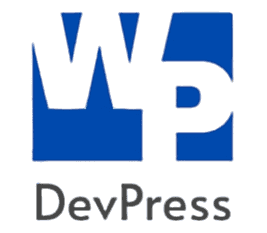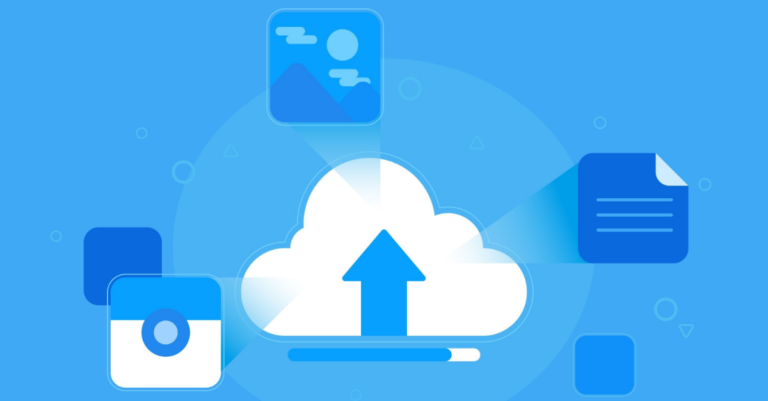In the dynamic world of website development, WordPress reigns supreme as a versatile platform that empowers millions of online creators. However, what if you could explore its potential even without a live internet connection and work with WordPress Offline and local?
If you want to solve this problem, you need a local and offline version of your website. By using this method, you can edit and run WordPress without an network connection. Throughout this article, we will explore how to master WordPress development offline, unlocking a world of opportunities that can improve your process.
The Offline Advantage
Working with WordPress offline isn’t just a technological convenience; it’s a strategic advantage. Imagine having the flexibility to refine your website designs, create engaging content, and experiment with plugins, themes, without being tethered to a live website.
Utilizing this offline approach, you’ll gain absolute control over your development process.
You might also like:
Essential Tools for Offline Development
To navigate the world of offline WordPress development effectively, you’ll need the right tools at your fingertips. One high-rated and recommended tool is “Local by Flywheel,” a user-friendly application that lets you create and manage local WordPress environments effortlessly.
Utilizing this potent application enables you to explore, address issues, and innovate while keeping your live site unaffected. The cornerstone of productive offline development lies in replicating the live environment during local work.

Tips for Optimal Offline Workflow
Optimizing your workflow while working with WordPress offline is crucial for productivity. Here are some effective strategies to enhance your local development process:
Planning Your Tasks
Start by planning your tasks ahead of time. Whether you’re designing a stunning theme or preparing engaging content, having a clear roadmap helps you stay focused on your goals.
Utilizing Code Editors
Embrace the power of code editors like Visual Studio Code. Within this tool, you’ll find a diverse selection of plugins, each designed to amplify your ability to develop. These plugins play a crucial role in enhancing your skills and productivity, assuring a smooth and streamlined offline experience, ultimately resulting in greater development efficiency.
Collaboration with Version Control
Developing your WordPress site offline doesn’t mean sacrificing collaboration. Utilize version control systems like Git to track changes and collaborate seamlessly with team members.
Testing and Experimentation
With your development environment running locally, you can test and experiment without worrying about causing disruptions to your live site. This way, you can assure that your website smoothly migrates from the offline phase to the online world.
Data Simulation
Consider using dummy content generators to populate your local site with realistic data. This is especially valuable for testing the visual appeal and functionality of your website. You can simulate real content with plugins like FakerPress or DemoPress, which can assist with layout and design decisions.
Experimentation Zone
The offline environment is also the perfect playground for trying out new plugins or customizing themes. Experiment with various design elements, functionalities, and configurations without impacting the user experience on your live website.
Effortless Integration
As soon as your changes are complete, seamlessly integrate them into your live site to reveal a ready and polished version.
Innovative Ideas for Offline Development
As you step into the domain of working with WordPress offline, you’re not just embracing a practical solution; you’re immersing yourself in a world of innovation and uninterrupted creativity. One of the key benefits of this approach is the ability to experiment confidently.
Without the pressure of real-time changes affecting your live site, you’re free to explore new plugins, themes, and functionalities. Imagine designing the perfect layout for your homepage or testing complex customizations without worrying about glitches affecting user experience.
The offline environment empowers you to refine every pixel and element with precision. It’s a sandbox for innovation, allowing you to push boundaries and create a digital masterpiece that seamlessly translates to the online presence.
Seamlessly Transitioning to the Online World
The time has arrived to launch your WordPress project online after you’ve refined it offline and adjusted every detail. To guarantee a successful launch, this procedure necessitates rigorous planning and execution. Testing your offline version extensively across a range of devices and browsers is the first step in locating and fixing any problems.
One of the crucial steps is content integration. Whether you’ve precisely written blog posts, posted eye-catching images, or created captivating templates, bringing your offline content into the live environment requires accuracy. Ensure that all the media files, text, and elements are seamlessly incorporated, maintaining the same high standard you achieved offline.
Furthermore, don’t forget to configure settings that are specific to your live site, such as SEO optimization, caching, security measures, and performance enhancements. This meticulous attention to detail guarantees that your audience experiences the same level of excellence they encountered offline.
Conclusion about WordPress Offline
Learning the techniques and best practices of using WordPress offline can be a game-changer in today’s innovative and efficient digital environment. You are now prepared to start a journey that will enable you to develop with accuracy and originality now that you have the necessary tools, sharp strategies, and a well-organized workflow.
By integrating offline development into your workflow, you’re not just building websites; you’re sculpting digital experiences. So take advantage of the freedom to create, enhance, and experiment without limitations, and watch your WordPress projects grow in ways you never thought possible. Embrace the offline advantage today and rewrite the rulebook of WordPress development!












